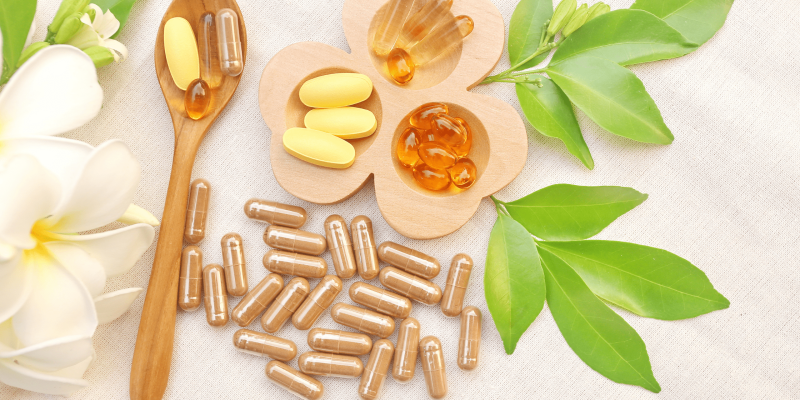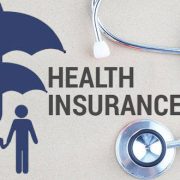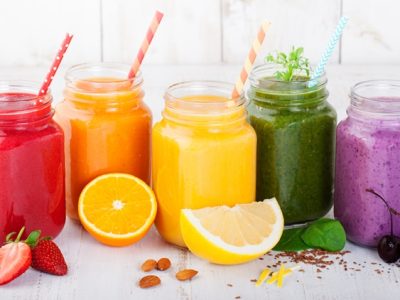Introduction
From the rapid growth in childhood to the point at which our bodies stop absorbing and synthesizing specific nutrients as we age, our vitamin supplements needs change throughout our lives. We are more susceptible to deficits at certain periods. Below are the vitamins you need.
Vitamin A
It is crucial for healthy vision and maintains the skin’s health. It is excellent vitamin supplements providers, whether sweet potatoes, carrots, or mangoes.
Vitamin B1 (Thiamin)
Your body needs vitamin B1 (thiamin) to convert food into energy. Additionally, the structure of brain cells depends on it. The best sources are seeds and legumes like lentils and black beans.
Whole grains and pork are also beneficial. Most people consume enough thiamin from their diets, but pregnant and nursing women require a bit extra. Diabetes patients frequently have low levels of it.
B Vitamins
Eight B vitamins are present: thiamin (B1), riboflavin (B2), niacin (B3), pantothenic acid, biotin (B7), folate and folic acid, and vitamin B12. Vitamin B deficiency tends to be more common in older persons and pregnant women. The presence of anemia, weariness, or weakness are examples of symptoms.
Vitamin D
Sunlight is converted by our bodies into vitamin D. It is crucial for the integrity of our immune system and has been associated with a lower incidence of COVID-19 infection. A lack of vitamin D can lead to chronic sickness, slowed bone metabolism, and muscle pain.
Vitamin E
Vitamin E functions as an antioxidant to safeguard your cells. A vitamin E shortage adds to nerve and muscle damage, which can result in vision difficulties or a loss of feeling in your arms or legs, though it is uncommon in healthy individuals.
Vitamin K
It is necessary for healthy cardiovascular function and blood clotting. Additionally, it affects how bones form. You risk developing heart disease, blood problems, and weaker bones if deficient.
Read Also: How To Choose The Right Vitamin D3 And K2 Supplements
Vitamin F
It has polyunsaturated fatty acids, or vitamin F. Both the metabolism and the healing of wounds depend on them. Rich sources include fish, nuts, and specific types of oils.
Vitamin B2 (Riboflavin)
You could receive enough vitamin B2 (riboflavin) for the day from a healthy meal! In addition to being naturally present in milk, eggs, asparagus, and other green vegetables.
It is added to many fortified pieces of bread and grain products. It is essential for healthy cell function and may lessen the likelihood of migraines.
Potassium
It controls blood pressure and maintains a healthy balance of bodily fluids. The best foods are grains and legumes like rajma.
Iron
Your body doesn’t produce enough healthy red blood cells when your levels are low. You cannot get oxygen to your tissues without them. Anemia, or not having enough iron in your blood as it is known medically, is most common in pregnant or menstruating women.
Maintain your levels with liver, oysters, spinach, beans, and lentils. Many breakfast kinds of cereal have added nutrition for the day. Some can be found in dark chocolate with at least 45% cacao!
Chromium
These vitamin supplements, which are thought to assist in maintaining your blood sugar levels, are only necessary for tiny amounts. A diet consisting of broccoli, English muffins, and garlic is sufficient for most adults. There is no scientific proof to support the claims made about chromium supplements that claim to aid in weight loss.
Conclusion
With the proviso that you are eating a well-balanced diet, you usually don’t need to take vitamins daily unless you are deficient in specific vitamins. Although vitamin supplements have advantages, they are not a quick fix for a healthy lifestyle.
Read Also: A Parents Guide: How To Support Your Kids Coding Journey?












Comments